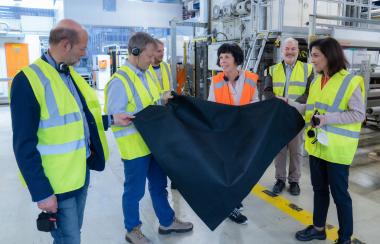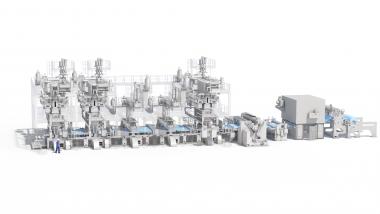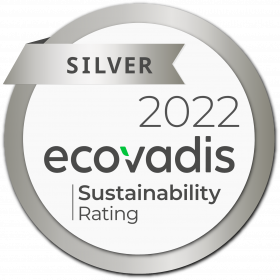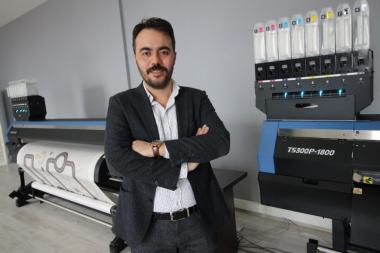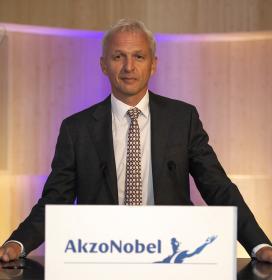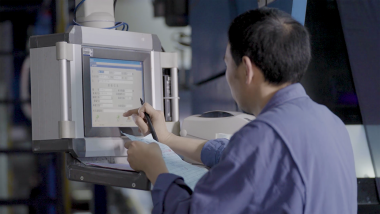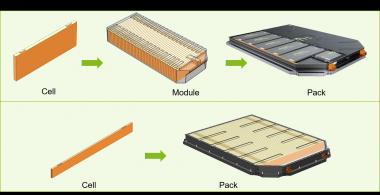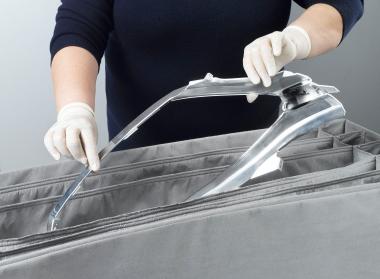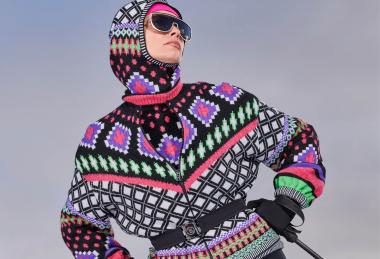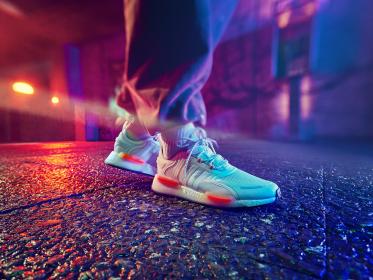Freudenberg hosts German National Hydrogen Council meeting
Freudenberg Performance Materials – the Freudenberg Group’s nonwovens specialist – was hosting a meeting of the German National Hydrogen Council at the Freudenberg headquarters in Weinheim, Germany, on September 16. As a leading global supplier of technical textiles, Freudenberg Performance Materials provides fuel cell components for mobility applications and for electrolyzers used to produce CO2-free hydrogen.
The German National Hydrogen Council was appointed by the German government and acts as an independent, non-partisan advisory board. The council board currently consists of 25 high-ranking experts in the fields of economy, science and civil society. The objective is to assist and advise the State Secretaries’ Committee on Hydrogen in the further development and implementation of Germany’s National Hydrogen Strategy. Council meetings are hosted by one of the board members to enable the council to deepen its knowledge of the relevant technologies, value chain roles and challenges. Dr. Silke Wagener is a member of the council board, and represents the Freudenberg technology group, giving input on suppliers’ know-how as well as contributing her decades-long expertise in technological solutions for the hydrogen industry.
During a tour of the factory organized for the council board members, Freudenberg Performance Materials explained the development and production of performance-critical gas diffusion layers manufactured from carbon fiber-based nonwovens for fuel cells and porous transport layers for electrolyzers. The tour highlighted the potential for improvements from a supplier’s perspective, such as the need for very timely exchange and collaboration along the value chain. Functioning, unbroken and scalable value chains, in parallel with the development and scaling of hydrogen infrastructure, are key prerequisites for the hydrogen industry to fulfill its vital role in the transformation to climate neutrality.
Gas diffusion layers are one of the main components at the heart of the fuel cell. Their function is to transport gases and liquids in the cells. They have a significant impact on system performance and costs, and are indispensable for the functioning of fuel cells. The same applies for porous transport layers that are the key component of electrolyzers for the CO2-free production of what is called green hydrogen.
Fuel cells in combination with green hydrogen are an important technology for CO2-free mobility, in particular with reference to buses, heavy-duty trucks and trains. Other uses include stationary applications such as stationary power generation or heat generation in buildings or industry.
Apart from mobility, green hydrogen also plays a key role in climate-neutral energy supplies in the industrial sector, particularly in the chemical and steel industries.
Freudenberg Performance Materials


